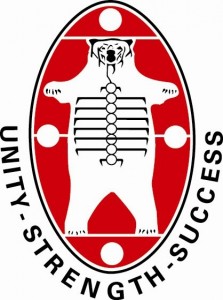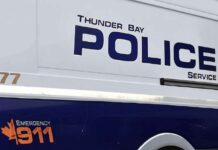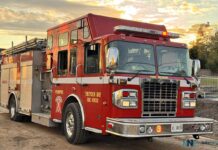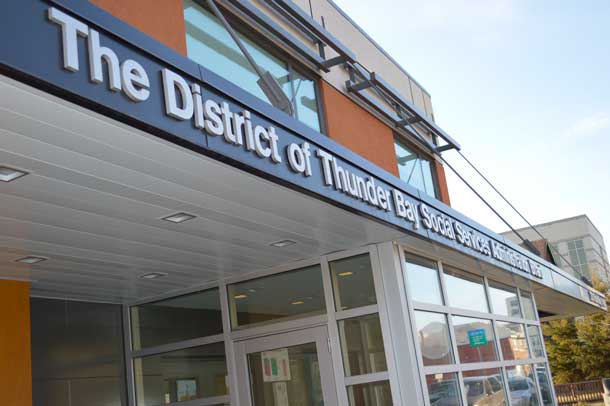 THUNDER BAY – Nishnawbe Aski Nation (NAN) First Nations will not participate in a proposed national education review process established by the federal government and the Assembly of First Nations (AFN). NAN Chiefs have expressed concern that having their voice heard in Ottawa by the AFN and the federal government requires their views to be filtered through a panel whose members include only one First Nation person. Citing the National Panel process as both flawed and deficient, NAN will undertake their own review, working in conjunction with other First Nations in Ontario as well as with those in Saskatchewan and Quebec. Together, they will submit their views directly to the federal government and the AFN.
THUNDER BAY – Nishnawbe Aski Nation (NAN) First Nations will not participate in a proposed national education review process established by the federal government and the Assembly of First Nations (AFN). NAN Chiefs have expressed concern that having their voice heard in Ottawa by the AFN and the federal government requires their views to be filtered through a panel whose members include only one First Nation person. Citing the National Panel process as both flawed and deficient, NAN will undertake their own review, working in conjunction with other First Nations in Ontario as well as with those in Saskatchewan and Quebec. Together, they will submit their views directly to the federal government and the AFN.
The National Panel was established without input from any First Nations in Canada to conduct a national review of elementary and secondary education for First Nation students who live on reserve, and to submit a report to Canada and the AFN. The First Nations of NAN see no need for the National Panel’s work, given that issues impacting First Nation education are well known, and have been set out in many reports completed in the past, the Auditor General reports of recent years, and in the NAN education strategic plan.
NAN Deputy Grand Chief Terry Waboose who holds the education portfolio for NAN, is concerned that the legislative focus of the National Panel’s work threatens the Treaty right held by the First Nations of NAN. “The National Panel will recommend legislation to govern First Nation education,” said Waboose. “This has the potential to arbitrarily define and diminish our Treaty right to education. It amounts to a backdoor revision of the Indian Act and holds little prospect of actually improving the quality of education our children deserve.”
The National Panel has no mandate to review pre-school education, post-secondary or vocational education nor’ to address the current and significant funding gap that exists between funding provided to provincial schools and that provided by Canada to First Nation schools. The well-known and much needed improvements in education facilities, education support services, special education, teacher salaries and curriculum education outcomes will not improve simply because Ottawa passes legislation. Appropriate funding to address these issues must be on the table and it isn’t.
“The federal government talks about restraint,” said Muskrat Dam First Nation Chief Gordon Beardy. “But why is that burden being placed on the shoulders of our children and their education. Funding for First Nation education is an investment for Canada not a cost. But unfortunately, real investment in the future of our children is clearly not on National Panel’s agenda.”
“We are perfectly capable of speaking for ourselves and don’t require a National Panel with a limited mandate and minimal First Nation representation to do it for us.” said Waboose. “That is precisely what we intend to do through submission of our own report directly to the National Chief and the Minister of Aboriginal Affairs and Northern Development”.






